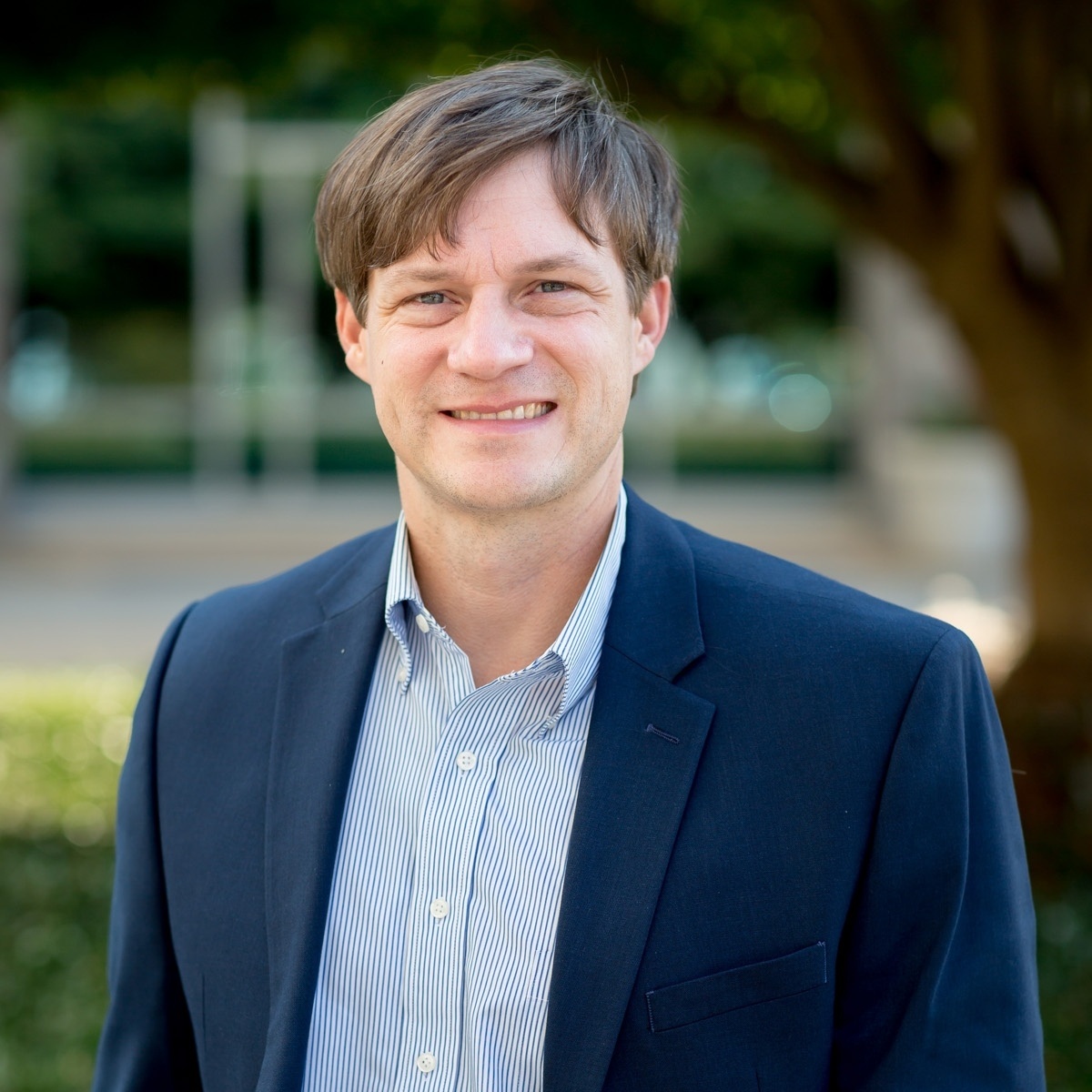Discipline equals freedom. That short sentence is seemingly a paradox. When we typically think of the meaning of discipline, we think of more effort, discomfort, and doing the opposite of what our natural predisposition tells us to do.
The Merriam-Webster dictionary defines discipline as, “a rule or system of rules governing conduct or activity.” Again, we typically view rules as restrictive and the opposite of freedom. The paradox of liberation through structure, or freedom through discipline, is revealed and challenged in a book called, Extreme Ownership: How US Navy SEALs Lead and Win, co-written by retired Navy SEAL officers Jocko Willink and Leif Babin.
Willink and Badin commanded Task Force Bruiser in the 2006 Battle of Ramadi, among other historic battles. Their unit is widely considered the standard bearer for effective special operations units and has the hardware to prove it by being one of the most decorated units of the war. Willink states that, “we had standard operating procedures for everything that we did…and what’s interesting is that the more strict we were with our standard operating procedures, the more freedom we actually had to operate faster and more efficiently because everyone knew what to do.” Willink goes on to say, “our freedom to operate and maneuver had increased substantially through disciplined procedures.”
So, if more discipline really leads to more freedom, then we become empowered to think big and take on a beBetter mindset. It takes discipline to not only understand the end goal but to keep that goal in focus while having the freedom to challenge the way we achieve it. It’s the freedom to try something new, fail at it, and try again.
But, where do you start? Another former SEAL Officer, retired Admiral William McRaven, has 10 lessons for a successful life. The first one starts small—If you want to change the world, start by making your bed. McRaven goes on to state, “if you can’t do the little things right, you never do the big things right.”
By being disciplined, which can look different from your personal vantage point, you can conquer weakness, procrastination and fear. You will then give yourself freedom of body and mind as a proximate result thereof. Willink and Badin point out that the best way to overcome something you struggle with is to attack it head-on. If you fear confrontation, strive to understand why and take measures to address this fear. If you are a procrastinator, quit…do the work now…it is that simple. If you feel bad physically, get out of the bed five minutes early and do some push-ups or sit-ups. Avoid that extra piece of cake or donut. Work your way back into shape by being disciplined and enjoy the natural benefits that come as a result.
This discipline will carry you forward and provide the freedom necessary to be the best version of you. When you are the best version of yourself, and when I am the same, we all collectively benefit from each other. No different than the aforementioned SEAL teams, we can then move faster and more efficiently with confidence that we can depend on one another to embrace and fulfill our respective roles to produce the best possible outcome for our clients.
About the Author
Timothy is a senior manager in government services where he drafts and negotiates contracts, and reviews legal documentation and potential acquisition of bid awards. He is among the many passionate team members who have embraced their role in building the Wise Firm.



Leave A Comment